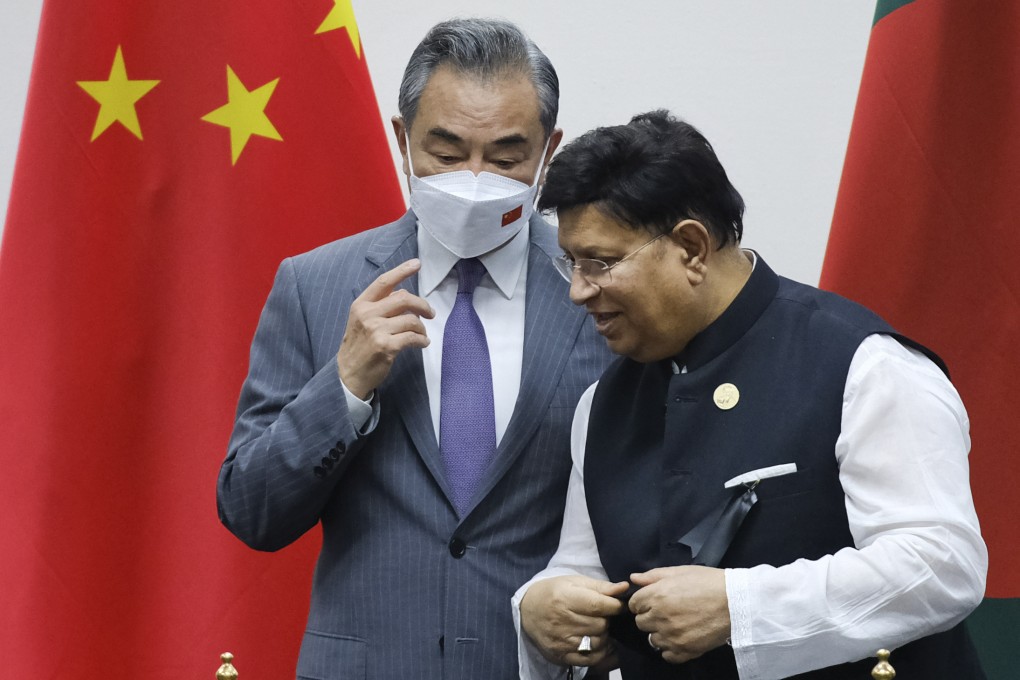Advertisement
Opinion | Bangladesh can learn from China’s development experience amid pressure to choose sides
- Like many developing countries, Bangladesh is more focused on climate change, ending poverty and securing investment than geopolitical wrangling
- China has first-hand experience with many of the concerns countries like Bangladesh are experiencing and can provide important guidance
Reading Time:3 minutes
Why you can trust SCMP

The world has entered a period of turbulence and transformation. Profound changes unseen in a century are quickly unfolding, and the international balance of power is shifting.
Asian civilisation is rapidly reviving while Western civilisation is in decline. The dominant power in the international system has taken more measures to maintain its hegemonic position, including containment, suppression and sanctions.
The Covid-19 pandemic had a far-reaching impact. The trend of anti-globalisation is rising, unilateralism and protectionism are gathering pace and the world economy is recovering weakly. Global issues, such as climate change, are intensifying, while regional conflicts are frequent.
Advertisement
Against this backdrop, some countries have intentionally provoked geopolitical tension, triggered an arms race, promoted economic and technological “decoupling”, and tried to pull the world back to the Cold War era of ideological opposition.
This is reflected not only in the Ukraine war but also in the geopolitical competition in the Asia-Pacific region, the current political and economic centre of the world. The dominant power in the international system wants countries to take sides, which poses a challenge to almost all states in the region.
Bangladesh is no exception. Its Ministry of Foreign Affairs last month released its “Indo-Pacific Outlook”, which offers a blueprint for the interaction between Bangladesh and stakeholders in the Asia-Pacific region.
Advertisement
Select Voice
Choose your listening speed
Get through articles 2x faster
1.25x
250 WPM
Slow
Average
Fast
1.25x

